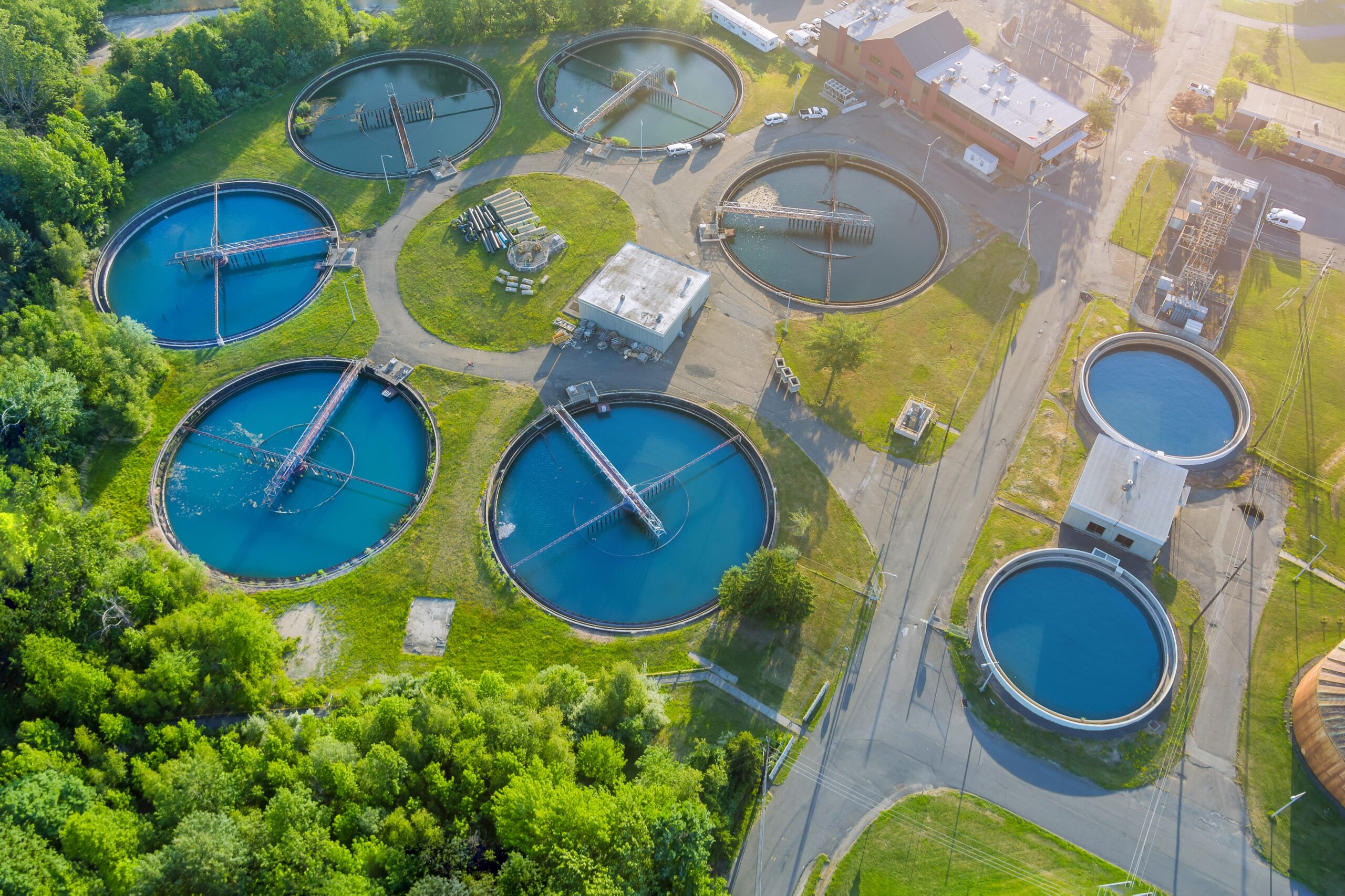
Water is one of the most essential resources on the planet. Every living being, ecosystem, and industry relies on it. As the demand for clean and reliable water grows, so does the need for innovative strategies to control and distribute it effectively. This is where water management plays a vital role. Water management involves the planning, development, distribution, and sustainable use of water resources. It ensures that water is available where and when needed while preserving it for future generations. Through responsible water management, communities can balance consumption, protect the environment, and maintain public health.
Understanding the Concept of Water Management
At its core, the oversight of water resources ensures that both human activities and environmental needs are supported. This process covers everything from sourcing and treating water to its distribution, usage, and eventual return as wastewater. It spans across various sectors, including municipal systems, agriculture, industry, flood prevention, stormwater control, and ecological preservation.
Managing water effectively goes beyond simply having enough supply. It involves keeping it clean, making it accessible, and distributing it in a way that minimizes waste. Planning for periods of scarcity is equally important. Whether a city oversees its water infrastructure or a farmer plans for efficient irrigation, thoughtful resource handling strengthens both the economy and overall quality of life.
Modern tools play a crucial role in this effort. With the help of smart meters, real-time monitoring, and data analytics, it’s easier than ever to track consumption, detect leaks, and improve efficiency. Additionally, regulations, public policies, and education efforts shape how individuals and organizations interact with this vital resource. These combined strategies ensure water remains a reliable and sustainable part of life, even as challenges like climate change and population growth increase demand.
The Link Between Water Management and Sustainability
One of the key reasons why water management is so important is its connection to sustainability. As climate change intensifies, many regions face unpredictable rainfall, droughts, and floods. These events can disrupt water supplies, damage infrastructure, and threaten natural ecosystems and human health without proper management.
Sustainable water management promotes the long-term availability of water while protecting the ecosystems that depend on it. This means replenishing aquifers, maintaining wetlands, reducing pollution, and encouraging water conservation practices. It also means planning for the future by building adaptable and efficient systems.
Agriculture, which uses a large share of the world’s freshwater, benefits significantly from sustainable water management. Proper irrigation techniques allow farmers to use less water and still maintain productivity. Green infrastructure, like rain gardens and permeable pavements in urban areas, helps manage stormwater while supporting groundwater recharge.
Protecting Public Health Through Responsible Water Practices
Clean, safe water is essential for public health. Drinking water contaminated by pathogens, chemicals, or pollutants can lead to severe health risks, including disease outbreaks. Likewise, poor wastewater treatment can pollute rivers, lakes, and groundwater, compromising water quality and threatening aquatic life.
Water management ensures that both drinking water and wastewater systems function correctly. Treatment plants remove contaminants from water before they reach homes and businesses, while sewage systems and treatment facilities handle waste safely. Regular monitoring and maintenance are essential to catch issues early and prevent failures.
Beyond treatment, education plays a key role in promoting safe water use. Public awareness campaigns can teach people the importance of boiling water during advisories, conserving water during droughts, and reporting leaks or illegal dumping. In this way, communities become active participants in managing and protecting their water.
Emergency planning is also a vital aspect of water management. Managers work closely with disaster response teams to ensure clean water remains available during hurricanes, wildfires, or other emergencies. These coordinated efforts safeguard vulnerable populations and maintain essential services when needed most.
The Economic Value of Effective Water Management
Water is a necessity for life and a driver of economic activity. Industries ranging from food production and manufacturing to energy and tourism rely on steady water supplies. When water is poorly managed, the financial consequences can be significant. Shortages can slow production, degrade quality, and increase operational costs. Floods and infrastructure damage can disrupt entire supply chains.
Water pricing and regulation also influence economic behavior. When users understand the actual cost of water, they are more likely to use it wisely. Incentives for conservation, water reuse, and efficient technologies can encourage businesses and households to reduce their water footprint. These strategies help stretch available resources and protect them for future use.
In addition to economic growth, strong water management supports long-term resource planning and avoids crisis-driven decision-making, often leading to higher costs and irreversible damage.
Facing Future Challenges with Smart Water Strategies
Looking ahead, the importance of water management will only grow. Climate change is altering weather patterns and making water resources less predictable. Urbanization is increasing demand and putting stress on aging infrastructure. At the same time, pollution from industry, agriculture, and households continues to threaten water quality.
To meet these challenges, water management must evolve. Innovative strategies, integrated planning, and community engagement are all part of the solution. Integrated water resource management brings stakeholders from different sectors together to create holistic, basin-wide plans. Nature-based solutions, such as restoring wetlands or preserving forests, naturally enhance water storage and purification. New technologies, including real-time sensors and artificial intelligence, offer better control and data for decision-making.
Water management is about more than controlling a resource—it’s about sustaining life, protecting ecosystems, and building resilient communities. By treating water as a shared and precious asset, society can ensure this essential resource remains available and safe for future generations. As the world faces increasing pressures, the value of effective and forward-thinking water management has never been clearer.